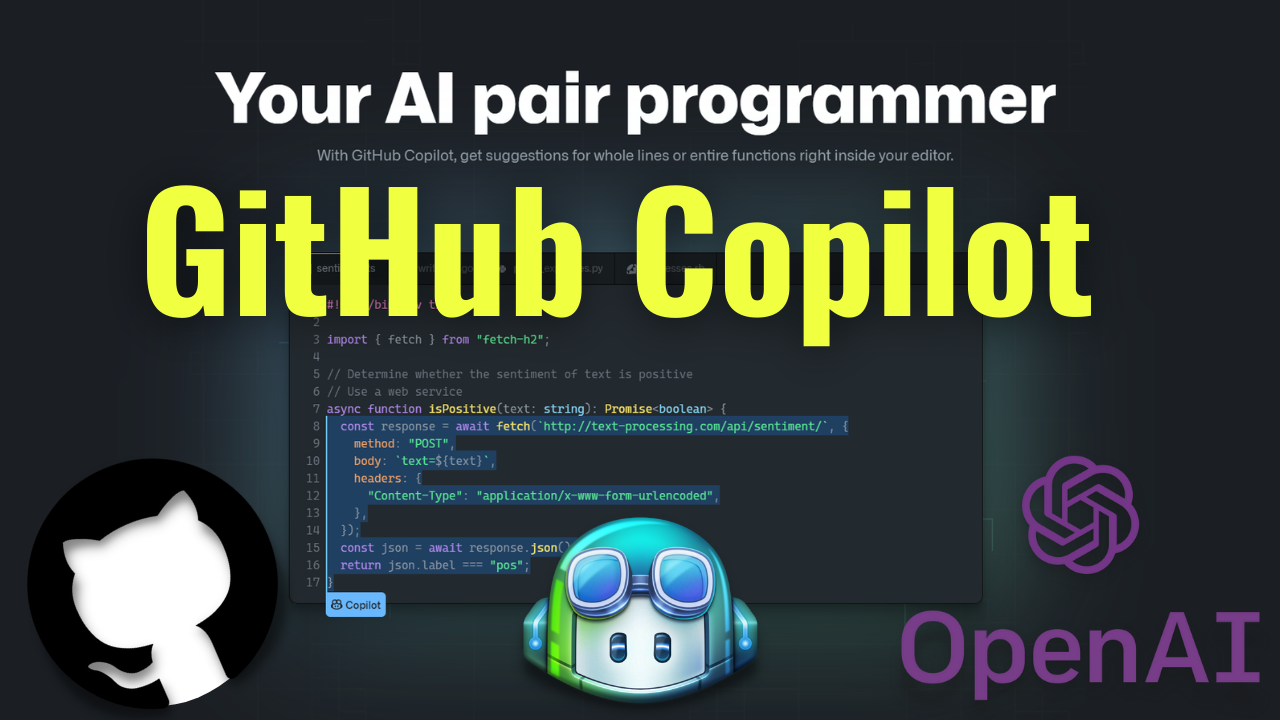Artificial Intelligence (AI) has revolutionized various industrial sectors, and software advancement is no different. AI-powered code generators are rapidly changing how developers publish, optimize, and control code. These equipment leverage machine understanding algorithms to handle repetitive tasks, boost productivity, and reduces costs of software development procedures. As we appear ahead, the potential future of AI program code generators promises even greater advancements and innovations. This article explores the present landscape, predictions, and trends shaping typically the future of AI code generators.
Comprehending AI Code Generator
AI code generators use natural terminology processing (NLP) and even machine learning designs trained on vast repositories of program code to generate functional code snippets or still entire programs. These tools analyze requirements, understand context, and generate code of which adheres to best practices and specific coding styles. Coming from simple functions to complex algorithms, AI code generators could handle a variety of responsibilities traditionally performed by simply human developers.
Current Landscape and Re-homing
Currently, AI code generators are increasing traction across various domains:
Enhanced Output: Developers use AJAI tools to systemize routine coding responsibilities, allowing them to be able to give attention to higher-level design and innovation.
Program code Optimization: AI methods can optimize signal for performance, performance, and scalability, determining and fixing prospective issues early inside the development routine.
Language and Platform Support: They assist multiple programming different languages and frameworks, making them versatile with regard to diverse project demands.
Collaborative Development: AJE code generators facilitate collaboration by supplying standardized code web templates and reducing incongruencies across team users.
Education and Training: They function as important learning aids for novice developers, giving insights and direction based on sector standards and best practices.
Predictions for typically the Future
Looking ahead, several key predictions and trends will be shaping the ongoing future of AJE code generators:
just one. Advancements in Normal Language Processing (NLP)
Future AI signal generators will leveraging more advanced NLP models capable involving understanding complex designer queries, requirements, and context with greater accuracy. This may enhance their capacity to generate precise and context-aware code.
two. Integration with Incorporated Development Environments (IDEs)
AI code generators will seamlessly integrate into popular IDEs, providing real-time recommendations, code completion, and automated refactoring functions. Developers can anticipate a more intuitive coding experience of embedded AI tools.
3. Personalization and Customization
AJE code generators can offer personalized coding solutions based on developers’ preferences, coding models, and project specifications. YOURURL.com in addition to adaptive learning methods will appeal to personal and team-specific demands.
4. Expanded Application Domains
They will certainly expand beyond standard software development directly into domains such as files science, machine understanding, and IoT. AI code generators may support specialized your local library, frameworks, and methods tailored to particular applications.
5. Increased Collaboration Features
Foreseeable future AI code power generators will enhance collaborative coding environments simply by supporting version management systems, code evaluations, and automated testing integrations. They can foster smoother workflows and minimize development cycle times.
6. Honourable and Security Things to consider
As AI signal generators evolve, there will be a greater emphasis on making sure ethical coding techniques and cybersecurity. Equipment will incorporate safe guards to avoid bias, vulnerabilities, and unauthorized access to sensitive signal.
Emerging Technologies in addition to Innovations
Emerging technology such as generative adversarial networks (GANs) and reinforcement understanding are poised to increase enhance AI program code generators. GANs could generate synthetic computer code examples for training models, while support learning can boost code generation methods based on comments loops.
Challenges in addition to Factors
Despite typically the promising future, AJE code generators confront challenges associated with:
Good quality Assurance: Ensuring developed code meets functional and non-functional demands.
Complexity Handling: Dealing with complex coding cases and edge situations effectively.
Skill Advancement: Balancing automation using the need for designers to construct foundational coding skills.
Conclusion
AI code generators stand for a paradigm change in software development, offering unprecedented chances to accelerate innovation, improve code good quality, and foster cooperation. As technology continues to evolve, programmers and organizations can harness the electric power of AI to redefine how software is conceived, produced, and maintained. Simply by embracing these advancements responsibly, the upcoming of AI codes generators holds tremendous promise for changing the software industry.
In summary, typically the trajectory of AJAI code generators factors towards a prospect where developers and even AI work synergistically to create better, more efficient software program solutions, setting new benchmarks for creativity and productivity inside the digital era.
